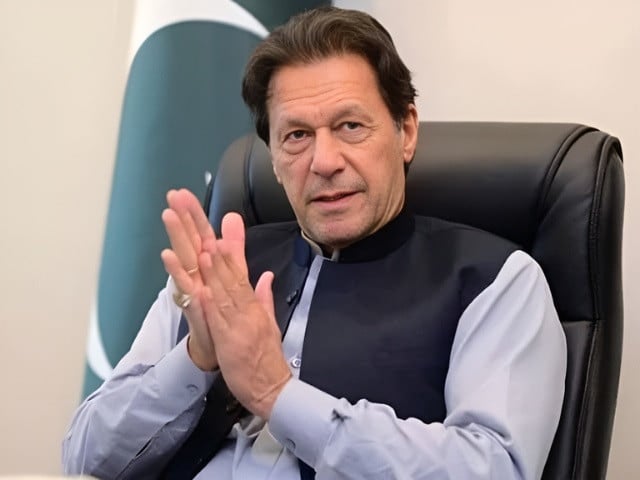LONDON: Syed Zulfi Bukhari, former adviser on international affairs to Imran Khan, has claimed that the Pakistani government pressured Oxford University to prevent the PTI founder from running for the chancellorship.
Bukhari led a prominent media campaign advocating for Khan’s candidacy, but the university ultimately decided against allowing him to participate due to his Toshakhana conviction and the political implications surrounding it.
In an interview, Bukhari asserted that forces within the Pakistani government actively campaigned against Khan’s candidacy, applying pressure on the university to block his election bid.
He expressed disappointment, stating, “The decision by Oxford University to bar Imran Khan is narrow-minded and influenced by external pressures. The entire nation wanted him to compete for the chancellorship, along with support from individuals in India, Bangladesh, Indonesia, and various Islamic countries.”
Bukhari noted that nearly 200 Oxford alumni had signed a petition supporting Khan, arguing that there were no legal grounds for his disqualification.
“Before submitting Khan’s nomination, we consulted with several King’s Counsels who agreed there were no legal barriers to his participation. The assertion that Khan’s Toshakhana conviction justifies this decision is flawed, especially since the UN Working Group has deemed his detention illegal and the charges politically motivated,” he explained.
He emphasized that in similar cases, sentences have been appealed and overturned, thus lacking legal standing. He pointed out that, as a charity, Oxford University must adhere to UK charity laws, which would allow Khan to open bank accounts and serve as a trustee.
Bukhari remarked on the extensive awareness campaign surrounding Khan’s candidacy, stating that the issue gained international attention. He acknowledged that petitions against Khan were initiated by social media activists and later supported by members of the PML-N UK, among others.
He believed that multiple pressures influenced the university’s decision, stating, “Lord Daniel Hannan mentioned that the decision was made under pressure.
While I don’t think the UK government was involved, I believe the Pakistani government played a significant role.”
He criticized the Pakistani government for not supporting Khan, saying they should have presented him as a national figure on the global stage. “There’s no doubt that significant pressure was applied, and Oxford may have opted to avoid a contentious situation,” he added.
Bukhari is considering legal action against the university and has already written to them. He reiterated that they had consulted top solicitors and barristers before proceeding with Khan’s nomination, insisting that legally, there should be no obstacle to his candidacy. “We are determined to explore all legal avenues to resolve this matter,” he stated.
A source at the university told that of the 40 applicants, only 38 were approved based on the university’s criteria, with Khan disqualified due to several factors, including his conviction and political role.
Among the prominent figures vying for the chancellorship are Lord William Hague, Lady Elish Angiolini, Lord Peter Mandelson, Khan, Dr. Margaret Casely-Hayford, and Dominic Grieve, but Khan is the only one disqualified from the top contenders.
Geo News reported that a King’s Counsel from Matrix Chambers opined that Khan is unlikely to be eligible for the chancellorship due to his criminal conviction.










